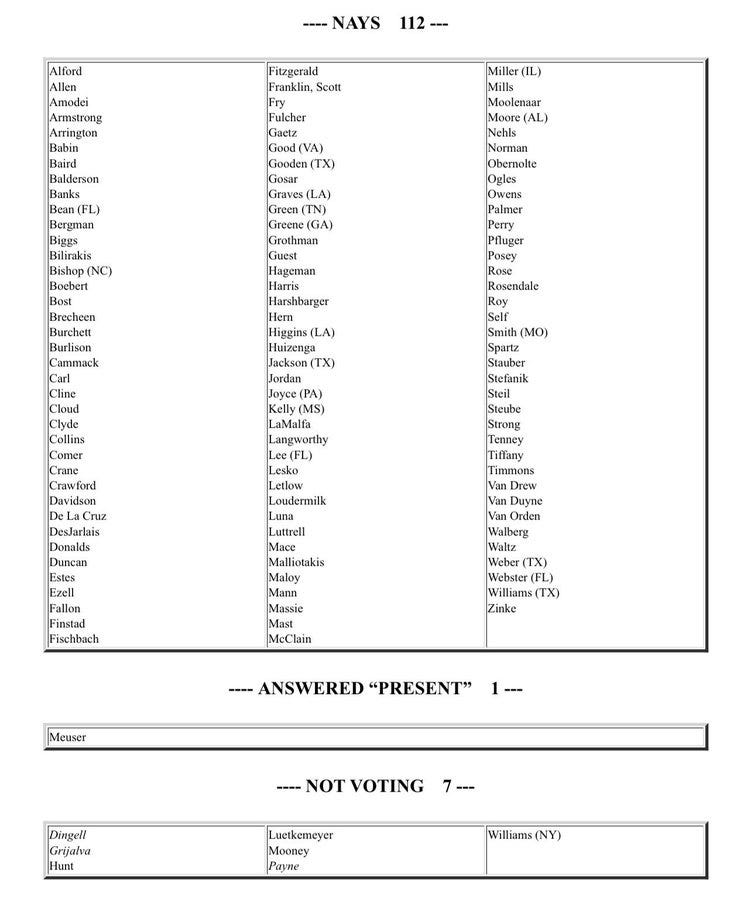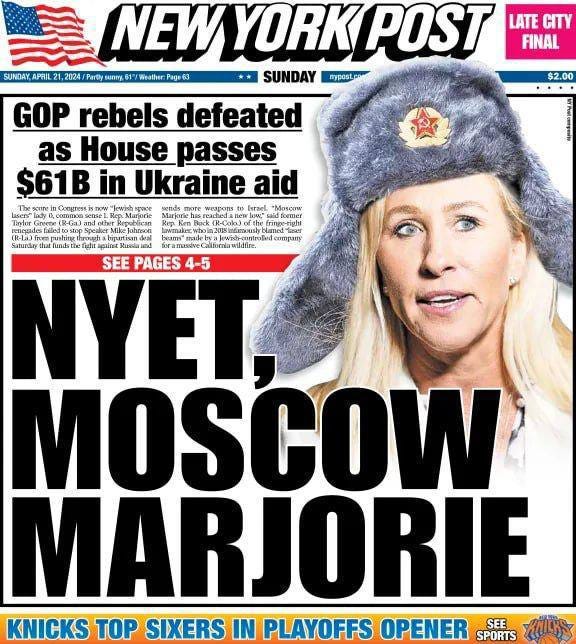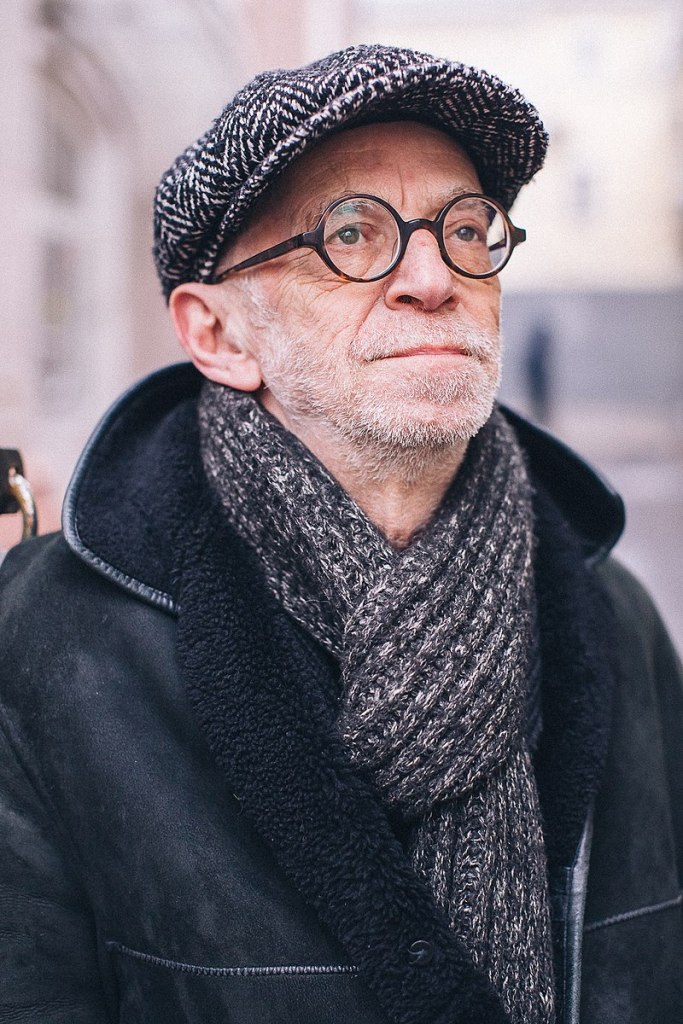
This ultra-patriotic gem was just beamed to me by my fellow Petersburg psychogeographer V., who found it forlornly pasted up in the former “party zone” on Dumskaya and Lomonosov streets in downtown Petersburg, a quarter which was thoroughly purged last year by the local powers that be for no good reason.
A quick scan of the QR code leads to the now-equally shuttered website El-Chapo.rf. According to the restaurant review site Restoclub, El Chapo is “closed indefinitely.” But what it must have been back in its heyday, during the first year of Russia’s glorious war against fascist Ukraine and its Western puppet masters!
Dance bar with Mexican cuisine on Lomonosov Street. El Chapo serves Mexican cuisine: quesadillas with oyster mushrooms, burritos with shredded beef and shrimp in coconut. To try the spicy chimichanga tortillas with meat, you have to sign a special contract. Here they mix cocktails based on tequila, rum and house-made tinctures. At the bar you can have your photo taken with local star Frida the Pig. El Chapo hosts DJ sets and parties, and plays Mexican rap, funk, and sometimes disco.
The once lively (and, in the early 2000s, avowedly ethnically and internationally tolerant) Dumskaya bar district is indeed now a ghost town, as witnessed by another snapshot which V. sent to me. ||| TRR

After breathing a sigh of relief, this was the first question that popped in my head:
Who are the 112 U.S. representatives who thought it was a great idea to unilaterally disarm Ukraine, an ally that is fighting for its survival against a U.S. adversary?
The list was published almost immediately.

My reflection is not about these particular people in particular, but the fact that in Washington, and in capitals across Europe, a hefty number of our democratically elected representatives are brazenly siding with Russia, a totalitarian state which has the aim of not only weakening our democracies but bringing defeat to our entire system and the international rules based system. They are siding with the destruction of a sovereign state, Ukraine, and the occupation of its territory and citizens.
Marjorie Taylor Greene is in the company of Matteo Salvini (head of the League), Giuseppe Conte (former Italian PM), and so many other European politicians who may be motivated to side with Russia for a variety of reasons. It speaks to the penetration of Russian capture in some cases, or industrial and commercial interests influencing our political base. Since Russia has no ideology at the present time, I’m assuming they agree with the neo-realist worldview which would see large states eat up smaller ones by force simply because they can, throwing out the entire concept of state sovereignty.
If they have been captured and are working for a foreign adversary, there is no indication that any of them (at least in Italy) are under investigation. The only way we can rid our system of elected representatives working openly in the interests of an adversary to the detriment of our national interests is to vote them out. In Italy, that isn’t possible because even if a head of a party loses an election, he/she can still remain in their place and continue working in the interests of Russia: see Salvini and Conte.
This is why I am overjoyed that the House has belatedly passed the aid to Ukraine bill, but unspeakably frustrated with our inability to rid ourselves of people who are ready to throw our security, and Ukraine, under the bus.
Dmitri Medvedev meltdown: He’s hoping for a civil war in the U.S.
No one doubted that American lawmakers would approve “aid” to a gang of neo-Nazis. It was a vote by the joyous bastards of the state:
a) in favour of continuing the civil war of the divided people of our formerly united country;
b) for maximising the number of victims of this war.
We will win, of course, despite the 61 billion bloody dollars that will mostly go down the throats of their insatiable military-industrial complex. Strength and Truth are behind us.
But in view of this Russophobic decision, I cannot but wish with all sincerity that the United States would plunge into a new civil war as soon as possible. Which, I hope, will be cardinally different from war of the North and the South in XIX century and will be conducted with application of planes, tanks, artillery, MLRS, all kinds of missiles and other weapons. And which will finally lead to the ignominious collapse of the vile evil empire of the XXI century – the United States of America
Source: Monique Camarra, Eurofile, 21 April 2024

Russian President Dmitry Medvedev became the first Russian to get the brand new iPhone 4, which are to go on sale on Thursday.
The Russian leader received the smarthphone [sic] as a present from Apple CEO Steve Jobs during his visit to the company’s headquarters in Cupertino, California.
At 9.3 mm the iPhone 4 is 25 percent thinner than its predecessors and the thinnest smartphone on the market. The gizmo also boasts a state of the art battery, with seven hours of talk time and 300 hours of standby.
According to the Russian mobile operator Beeline, the brand new device may appear on the Russian market no earlier than September.
During his visit to the Silicon Valley the Russian leader also visited the U.S. office of the Russian search engine Yandex.
The Yandex Labs center, based in Paolo Alto, California, is involved in scientific projects concerning mainly the optimization of online search technologies and other advanced research activities.
The president was accompanied by Yandex CEO Arkady Volozh and the chief technology officer of the Silicon Valley-based Yandex Labs, Arkady Borkovsky.
Source: “Medvedev becomes first iPhone 4 owner in Russia,” Sputnik, 23 June 2010
























